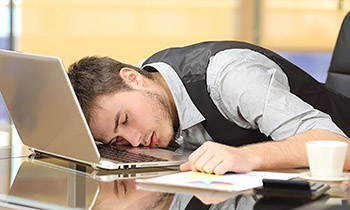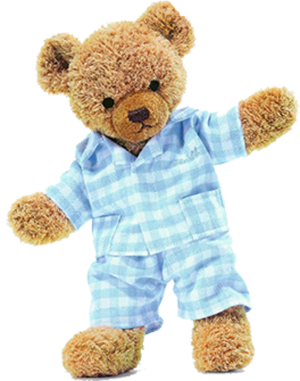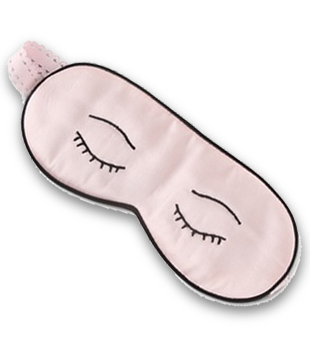
Internal Body Clock
Our primary body clock, located in the brain, keeps track of a handful of behavioral functions in sync with each other– such as temperature, digestive function and hormone production. It also determines when we are alert and sleepy. This process is called a circadian rhythm which it keeps its own time. When the transition onto or off daylight savings time occurs, our circadian rhythm is out of sync by an hour. This is similar to having mild jet lag.
“Falling back ” is usually no problem because we tend to feel sleepy a little earlier than usual and wake up earlier as well. To help with sleep here are 8 tips to make sure to are well rested:
- Have an omega-rich breakfast. Omega 3s are healthy fats which lower anxiety while producing hormones that help you fall asleep. Chia seeds or walnuts are high in these omegas. Try adding these to your morning meal.
- Limit caffeine intake. While coffee is good for you, limit your intake after 2pm so it won’t interfere with your sleep.
- Set a kitchen curfew. Limit heavy meals and alcohol before bed. Eating late can affect falling to sleep. Set a kitchen curfew for 7pm so that you can get to sleep at a decent hour.
- Keep your bedroom cool. Insomniacs have a warmer core temperature. Keeping your bedroom between 65-67 degrees will help you fall to sleep easier.
- Go to bed and wake up at the same time every day. Studies show if you go to bed and wake up at the same time, it will cause you to have better quality of sleep and your circadian rhythm will be in sync to the point where you may not need an alarm.
- Try a melatonin supplement. If you are having trouble sleeping, a low dose of melatonin can be way to help fall asleep faster.
- Use lavender essential oil. Lavender essential oil promotes calming. Putting some in a diffuser in your bedroom or applying some to the soles of your feet will help with falling asleep.
- Take a relaxing bath or shower. Taking a hot bath or shower 90 minutes before bed can help you relax and improve your quality of sleep.
The information provided is for general interest only and should not be misconstrued as a diagnosis, prognosis or treatment recommendation. This information does not in any way constitute the practice of medicine, or any other health care profession. Readers are directed to consult their health care provider regarding their specific health situation. Marque Medical is not liable for any action taken by a reader based upon this information.


